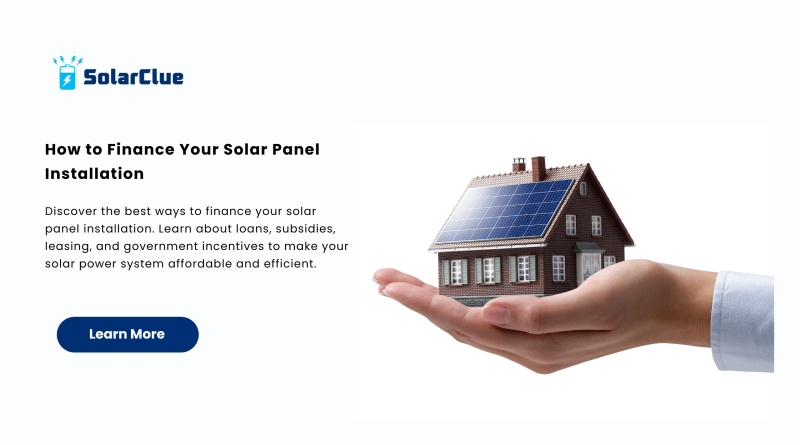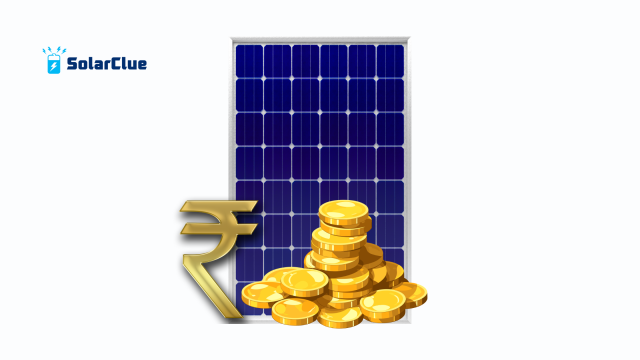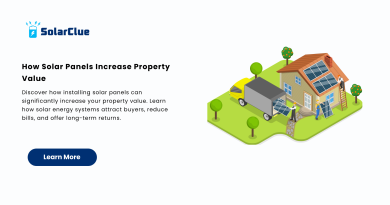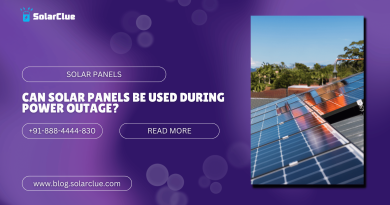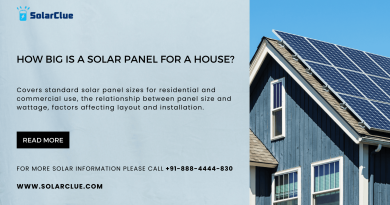How to Finance Your Solar Panel Installation
Switching to renewable energy is one of the smartest investments you can make for your home or business. However, while the benefits of a solar panel installation are clear—lower electricity bills, energy independence, and environmental sustainability—the upfront cost can feel overwhelming. The good news is, financing your solar power system is easier than ever, thanks to multiple flexible options. Whether you are a homeowner or a business owner, understanding the financing landscape will help you choose the best path forward.
Table of Contents
Why Financing Solar Panels Matters
The initial cost of purchasing and installing a solar panel can be significant. For many families and businesses, paying the full amount upfront isn’t feasible. Financing options bridge this gap, making solar energy accessible while allowing you to pay in manageable installments. Additionally, structured financing ensures that you can enjoy the benefits of solar power immediately without financial strain.
Different Ways to Finance Your Solar Panel Installation
1. Solar Loans
Solar loans work like home or personal loans, allowing you to purchase a solar power system and repay the cost over time.
-
Secured loans are tied to assets like your home and usually offer lower interest rates.
-
Unsecured loans don’t require collateral but may carry slightly higher rates.
The advantage of solar loans is that you become the system owner, eligible for government subsidies, tax benefits, and savings on your electricity bill.
2. Government Subsidies and Incentives
The Government of India actively promotes renewable energy through subsidies and incentive schemes. By financing your solar panel installation through these programs, you can significantly reduce upfront costs.
-
Residential solar panel subsidies under the PM Surya Ghar Yojana help homeowners save up to 40% on installation costs.
-
State-level subsidies vary but can add even more savings.
-
Net metering policies allow you to earn credits or payments for excess power sent back to the grid, further enhancing your return on investment.
3. Solar Leasing
With solar leasing, you don’t pay for the solar panel system itself. Instead, you lease it from a provider and pay a fixed monthly fee for using the generated electricity. This reduces upfront costs to almost zero. Leasing is ideal if you want immediate access to solar benefits without worrying about ownership and maintenance.
4. Power Purchase Agreements (PPA)
A Power Purchase Agreement allows you to host a solar panel installation on your property without owning it. You pay only for the electricity generated, typically at a rate lower than your local utility. This option ensures savings without large upfront investments. However, unlike loans, you won’t own the system or qualify for certain incentives.
5. EMI and Financing Options from Banks & NBFCs
Many banks and NBFCs now offer tailored financing for solar power systems. You can pay through EMIs that fit your budget. Some institutions even provide low-interest “green loans” to encourage renewable adoption. The advantage here is flexibility—choose a tenure and EMI structure that aligns with your financial situation.
6. Corporate Financing and Group Housing Models
For businesses and residential complexes, corporate financing and group housing solar models are popular. By pooling resources, multiple users can share the cost of a large solar panel installation, reducing the individual financial burden while maximizing energy savings.
Benefits of Financing Solar Panel Installation
-
Affordability – No heavy upfront payment.
-
Immediate Savings – Start reducing electricity bills from day one.
-
Ownership & Incentives – Loan financing lets you claim subsidies, tax rebates, and net metering benefits.
-
Flexibility – Multiple repayment structures to suit different needs.
-
Sustainability – Join the renewable energy movement without financial stress.
Steps to Finance Your Solar Power System
-
Evaluate your energy needs – Calculate the number of solar panels required based on your electricity usage.
-
Compare financing options – Weigh the benefits of loans, subsidies, leasing, and PPAs.
-
Check eligibility for subsidies – Visit government portals or consult your installer for state-specific incentives.
-
Get quotes from multiple providers – Compare interest rates, EMI plans, and contract terms.
-
Finalize the financing plan – Choose the option that balances affordability and long-term savings.
-
Proceed with installation – Work with a trusted provider for smooth execution.
Long-Term Financial Benefits
While financing requires regular payments, remember that your solar panel installation is a long-term investment. After your loan or lease term ends, you enjoy nearly free electricity for the remaining lifespan of your solar panel, which often exceeds 25 years. Over time, the savings far outweigh the initial investment.
FAQs
1. Can I get a government subsidy if I finance my solar panel installation through a loan?
Yes, as long as you are the owner of the system, you can claim subsidies even if the system is financed through a loan.
2. Is solar leasing better than taking a loan?
It depends on your goal. Leasing requires no upfront cost but you won’t own the system. Loans allow ownership, letting you benefit from subsidies and higher long-term savings.
3. What is the payback period of a solar power system?
The average payback period ranges between 4 to 7 years, depending on system size, electricity usage, and financing option chosen.
4. Can businesses also avail subsidies for solar panels?
Currently, government subsidies primarily benefit residential users, though businesses enjoy tax incentives and accelerated depreciation benefits.
5. How do I choose the best financing option for my solar panel installation?
Assess your budget, electricity needs, eligibility for subsidies, and long-term goals. Consulting a trusted installer like SolarClue can help you make the right decision.
Conclusion
Financing your solar panel installation doesn’t have to be complicated. With loans, subsidies, leasing, PPAs, and bank financing options, solar energy is within reach for everyone. The right financing plan ensures you start saving immediately while contributing to a sustainable future. If you’re considering switching to solar, now is the perfect time to explore your financing choices and take the first step towards energy independence.
To know more about solar solutions, visit solarclue.com and blog.solarclue.com today—you’ll find everything you need to make your solar journey smooth and successful.

